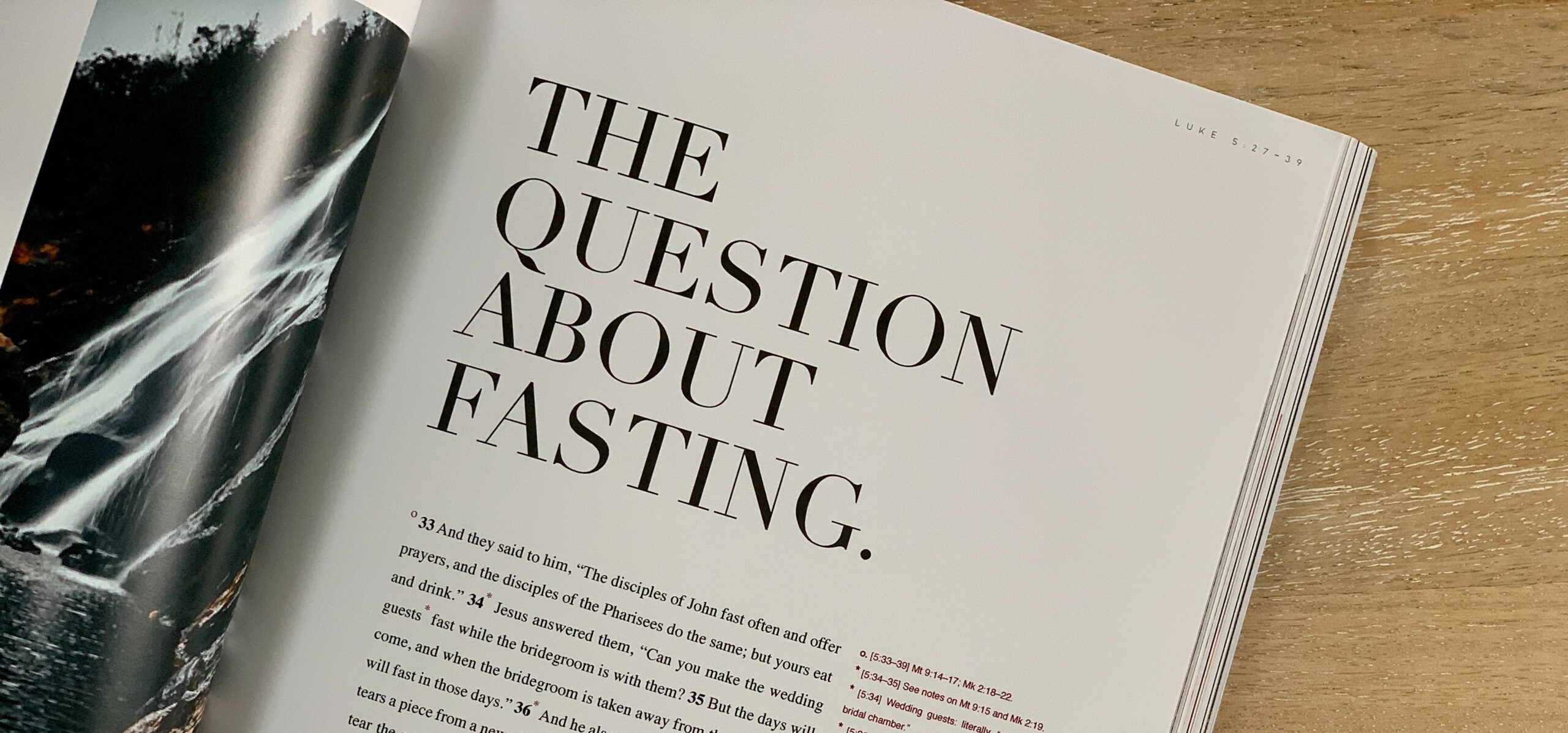Intermittent fasting has been shown to be effective for weight loss, and other health benefits, such as improved insulin sensitivity and reduced inflammation. In this article we will look to answer the question of what is the best intermittent fasting window to lose fat?
What is intermittent fasting?
Intermittent fasting is an eating pattern that cycles between periods of eating and fasting. It is not a diet in the traditional sense, but rather a way of scheduling your meals and snacks. There are many different intermittent fasting methods, but they all involve restricting your food intake for a certain period of time each day or week.
Intermittent Fasting 16/8 Method
The 16/8 method is one of the most popular intermittent fasting protocols. It is quite simple, you fast (abstain from calories) for 16 hours every day, and only eat during an 8 hour window.
Common examples of using the 16/8 method would be only consuming food between 1pm – 9pm. For most people this would simply mean, not eating breakfast and not eating after your last meal at 9pm, and repeat.
Does the Intermittent Fasting time window matter?
When it comes to the time in which you eat, the best time would be highly dependent on your schedule. For instance if you generally have an extremely active day, then you may prefer eating in the morning and afternoon.
Another factor is your circadian rhythm, the general guideline is to not eat at least 2–3 hours before bedtime as this can disrupt your sleep.
With regards to the window length of fasting, this can affect the benefits of intermittent fasting. For example, a study published in the journal “Cell Metabolism” found that people who fasted for 16 hours a day lost more weight and had better insulin sensitivity than people who fasted for 8 hours a day.
Another study, published in the journal “Metabolism”, found that people who fasted for 18 hours a day had lower levels of inflammation than people who fasted for 12 hours a day.
What is the best Intermittent Fasting window to lose fat?
The best Intermittent Fasting schedule will depend highly on your lifestyle, health goals and tolerance for hunger. The 16/8 method is a great method to get started, but if you find it too hard you may want to loosen it up with 12/12 method (12 hours fasting, 12 hour eating window).
Conversely, if your health goal is to lose some serious weight then you may want to choose a more restrictive schedule such as an 18/6 method.
I would recommend starting with 16/8 and experimenting with what works for you, it can take a few months to tailor your perfect schedule that fits your lifestyle and requirements.
Intermittent Fasting Tips
Below are some top tips for starting your Intermittent Fasting journey.
- Start with a shorter fasting window. The 16:8 method is a good option for beginners, as it allows for an 8-hour eating window each day. This can be adjusted over time as you become more comfortable with fasting.
- Focus on eating healthy foods during your eating window. This will help you to lose fat and improve your overall health.
- Get regular exercise. Exercise is an important part of any weight loss plan, and it can help to boost your metabolism and burn more calories.
- Drink plenty of water. Staying hydrated is essential for overall health, and it can also help to suppress your appetite.
- Get enough sleep. Sleep is important for weight loss, as it helps to regulate your hormones and metabolism.
- Choose a fasting window that works for your schedule. When choosing a fasting window, it is important to choose a time that works for your schedule. If you have a busy work schedule, you may want to choose a fasting window that allows you to eat breakfast and lunch and then fast for the rest of the day.

Intermittent fasting for weight loss and wellness
When you fast, your body enters a state called ketosis, where it burns fat for energy instead of carbohydrates. This can help you to lose weight and improve your health.
During ketosis, your body produces ketones, which are molecules that can be used for energy. Ketones are produced when your body breaks down fat for energy. When you eat, your body breaks down carbohydrates into glucose, which is the body’s main source of energy. However, when you fast, your body runs out of glucose and starts to break down fat for energy. This is when ketones are produced.
An obvious reason why Intermittent Fasting is good for weight loss, is that with a smaller window to eat in, we typically eat less. That calorie deficit means naturally our body burns more than what we intake. An added benefit of this is we are more grateful for the taste and nutrients of the food and this tends to mean we make wiser food choices.
What are the benefits of Intermittent Fasting?
- It can help to reduce insulin levels. Insulin is a hormone that helps your body to use glucose for energy. When insulin levels are high, your body is more likely to store fat. IF can help to reduce insulin levels, which can help to promote fat loss.
- It can increase growth hormone levels. Growth hormone is a hormone that helps to build muscle and burn fat. IF can help to increase growth hormone levels, which can help to promote weight loss.
- It can increase autophagy. Autophagy is a process by which your body breaks down and recycles old cells. IF can help to increase autophagy, which can help to improve cell health and function.
- It can improve insulin sensitivity. Insulin sensitivity is a measure of how well your body responds to insulin. When insulin sensitivity is high, your body is better able to use glucose for energy and less likely to store fat. IF can help to improve insulin sensitivity, which can help to promote weight loss.
- It can help to reduce inflammation. Inflammation is a process that can damage cells and tissues. IF can help to reduce inflammation, which can help to improve health and well-being.
My Experience with Intermittent Fasting
I’ve been practicing Intermittent fasting for over 3 years and I think it was something I desperately needed. I started and have stuck with the 16/8 schedule, with my eating window typically being 1pm – 8/9pm. This suits my schedule as I work from home and I typically don’t have any long physically demanding activities in the morning/afternoon.
As I was so accustomed to eating breakfast my whole life, the initial start was difficult. After a few months you get use to it and now I much prefer to not eat breakfast as it tends to make me feel slow and unfocused (unless I have a very active day ahead of me e.g. 20 mile bike ride at 10am).
One of the strange benefits I’ve had from practicing Intermittent Fasting everyday has been the liberation from believing I need to eat every 3-4 hours. This liberation is intensified on longer fasts such as 24 hour fasts.
When I was younger and heavily into bodybuilding it was normal for me to eat 5 meals of chicken and rice every day. Although this may sound healthy, my digestive system wasn’t given a suitable break to function properly. I’d often have stomach troubles, inflammation and stress from how hard my digestive system was working.
Intermittent Fasting and Stress
By consistently fasting I saw my inflammation reduce throughout my body which was physically felt by reduced aches and pains. With the weight loss from fasting, I also felt more in tune with my body and much lighter.
I grew much more appreciative of healthy foods as I had a shorter window to enjoy a nutrient packed diet. I ate many more whole foods, more fruit and less refined sugars and heavy carbs that would leave me feeling bloated.
I am able to work harder in the gym, in my job and have a better quality of life. By giving my digestive system the rest it needed and consciously prioritising quality over quantity when it comes to food. This helped me manage stress better in my day to day life as my body was less inflamed, due to less cortisol being released.
Intermittent Fasting started off as an experiment for my health, and is now something I love doing. It helps me massively in reducing my calorie intake and promotes a healthy diet. This is one of my favourite daily practices, alongside breathing exercises and cold water therapy.
Do you have any experiences with Intermittent Fasting? Let me know in the comments below!



Leave a Reply